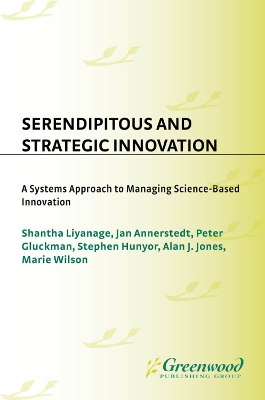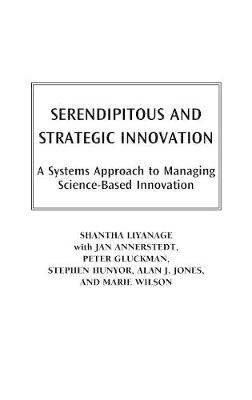Technology, Innovation, and Knowledge Management
2 total works
Innovation is a time-consuming process that involves invention as a beginning and a marketable service or product as an end. But innovation itself, once concluded, is not necessarily a constructive act as some innovations yield positive and some negative results. The way we recognize and develop innovation—so often a serendipitous and almost invisible act in its beginning—is thus a matter of primary importance in today's world where new thoughts and products play such a crucial role in economies across the globe. Nowhere is the general support structure required for success in innovation more starkly illuminated than in the fields of science and medicine, where human well-being is so manifestly at stake.
In this work, which draws together the perspectives of a multidisciplinary group of professionals—medical doctors, innovation policy analysts, and academics in business management—Shantha Liyanage and his colleagues provide a thorough examination of the technology innovation process, and display its critical links with organizational functions, so the innovative capacities of organizations can be better prepared to meet the rapid changes of our age.

